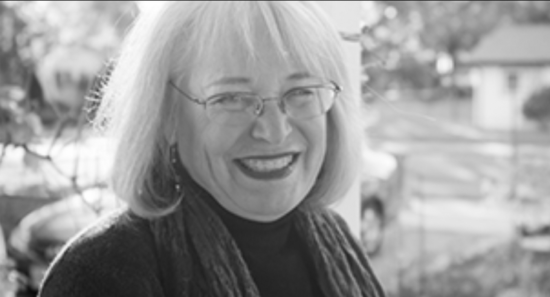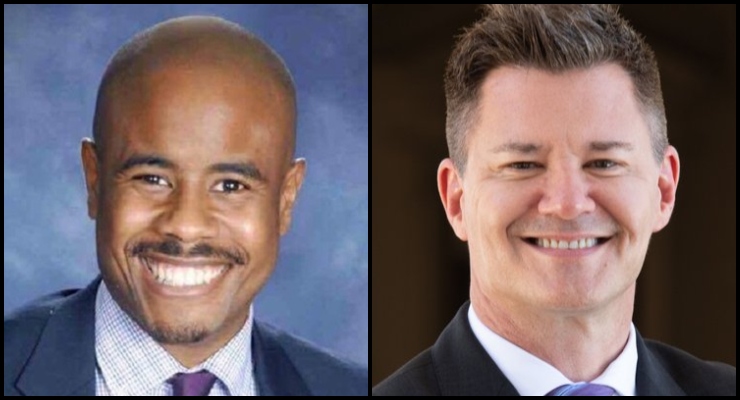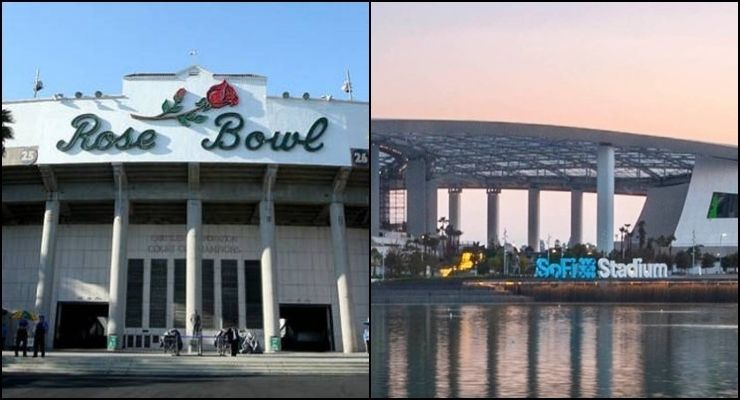 I was thrilled to learn in a December 26 LA Times story that Santa Monica is seeking to address reparations for those displaced by the Santa Monica Freeway and urban renewal. As a result of freeway construction that destroyed the Black and Brown Pico neighborhood, as well as the accessing federal dollars for urban renewal (often dubbed “Negro Removal”), many people color lost their homes and businesses. This also happened in Pasadena due to the construction of 210 Freeway and urban renewal projects that destroyed Black and Brown neighborhoods. For this reason, Council member John Kennedy asked the Council to read this article and consider this question: “What must the City of Pasadena do to advance justice in our own city?”
I was thrilled to learn in a December 26 LA Times story that Santa Monica is seeking to address reparations for those displaced by the Santa Monica Freeway and urban renewal. As a result of freeway construction that destroyed the Black and Brown Pico neighborhood, as well as the accessing federal dollars for urban renewal (often dubbed “Negro Removal”), many people color lost their homes and businesses. This also happened in Pasadena due to the construction of 210 Freeway and urban renewal projects that destroyed Black and Brown neighborhoods. For this reason, Council member John Kennedy asked the Council to read this article and consider this question: “What must the City of Pasadena do to advance justice in our own city?”
This is a question that every Pasadenan should consider. As a privileged white woman, I can only imagine the pain that people of color must feel when their communities are targeted, and their homes destroyed, through eminent domain forced to move elsewhere. My parents experienced some of this pain when they lovingly built their dream home while attending college and they were devastated when it was destroyed by a freeway. One of my college friends, born at Huntington Hospital, had their home destroyed by the construction of the 210 Freeway. Both of our families have thrived, able to bounce back from such losses, but too many of my African American friends have been excluded from the kind of opportunities to get a leg up that my family had access to. For example, my dad had the GI Bill, which most people of color were not afforded; and my grandfather gave my parents the land on which to build their home. A long list of policies enabled my family to have generational wealth which too often was barred from people of color.
Our nonprofit Making Housing and Community Happen (MHCH) was founded in part to address racial inequity and housing affordability. We created the “Unjust Housing Policy Game” (similar to Monopoly) to wake people up to this history: people choose a white or black bean and pull cards based on the color of their bean. Black cards have vignettes about racist policies that perpetuate exclusionary practices and white cards describe policies that have perpetuated white privilege.
This educational game helps to awaken people to the reality of systemic racism. We need to educate ourselves, but also need to move beyond games and get serious about recreating a society in a way that’s more equal.
Ten historic Black churches located in a neglected corner of our city have all become commuter churches with families displaced from Pasadena often due to the rising cost of housing, urban renewal, and the 210 Freeway construction. Let’s take seriously the City policy passed in 2021 to allow 20% of affordable housing units be prioritized for those displaced from our city in the last ten years. Let’s not just wait for displaced residents to learn about this policy. Let’s be proactive with diligence, search out addresses and names of those displaced and specifically ask if they would like to return. Let’s follow the example of Santa Monica, and also the state, which offered reparation to the Bruce family whose beach front property was confiscated by eminent domain in the 1920s. Should we consider going beyond the 20% or extend our policy to reach back beyond 10 years to 15, so that those pushed out by the 2008 Great Recession also be included? Let’s get serious about ways to provide reparations to those priced out.
We need to think proactively about the 710 freeway “stub.” Could and should it be used for reparations? This is the very area where over 1,000 people of color once lived. Let’s explore affordable homeownership opportunities where limited equity can be earned through Habitat for Humanity, Heritage Housing Partners, or the San Gabriel Community Land Trust that our organization is launching.
As a Christian, I take seriously the teachings of the Bible and am therefore reminded of the Shunamite woman, a wealthy non-Jew who helped the Jewish prophet Elisha and provided him with a home, what today we might call an ADU “accessory dwelling unit.” Elisha was deeply grateful to this woman and revived her son to life. When famine struck her country, the Shunamite woman left her country at the very prophet’s advice. When the famine was over, she petitioned the King to restore her land. She arrived at moment when the King was reading about her generosity, and he responded, “Restore all that was hers, together with all the produce of the fields from the day that she left the land until now.” (2 King 8: 6). When a thriving Black and Brown community was cleared where Parsons Engineering now sits, and the area was up-zoned to allow for high density housing. I wonder what kind of profit these family would have earned if they had not been displaced? Can we go do more than what Santa Monica is offering and provide some of that lost equity with affordable homeownership? This seems to me a fair way for us to treat those who homes were destroyed and who lost the opportunity to earn generational wealth had been able to stay in Pasadena. This, to me, is racial justice.


















